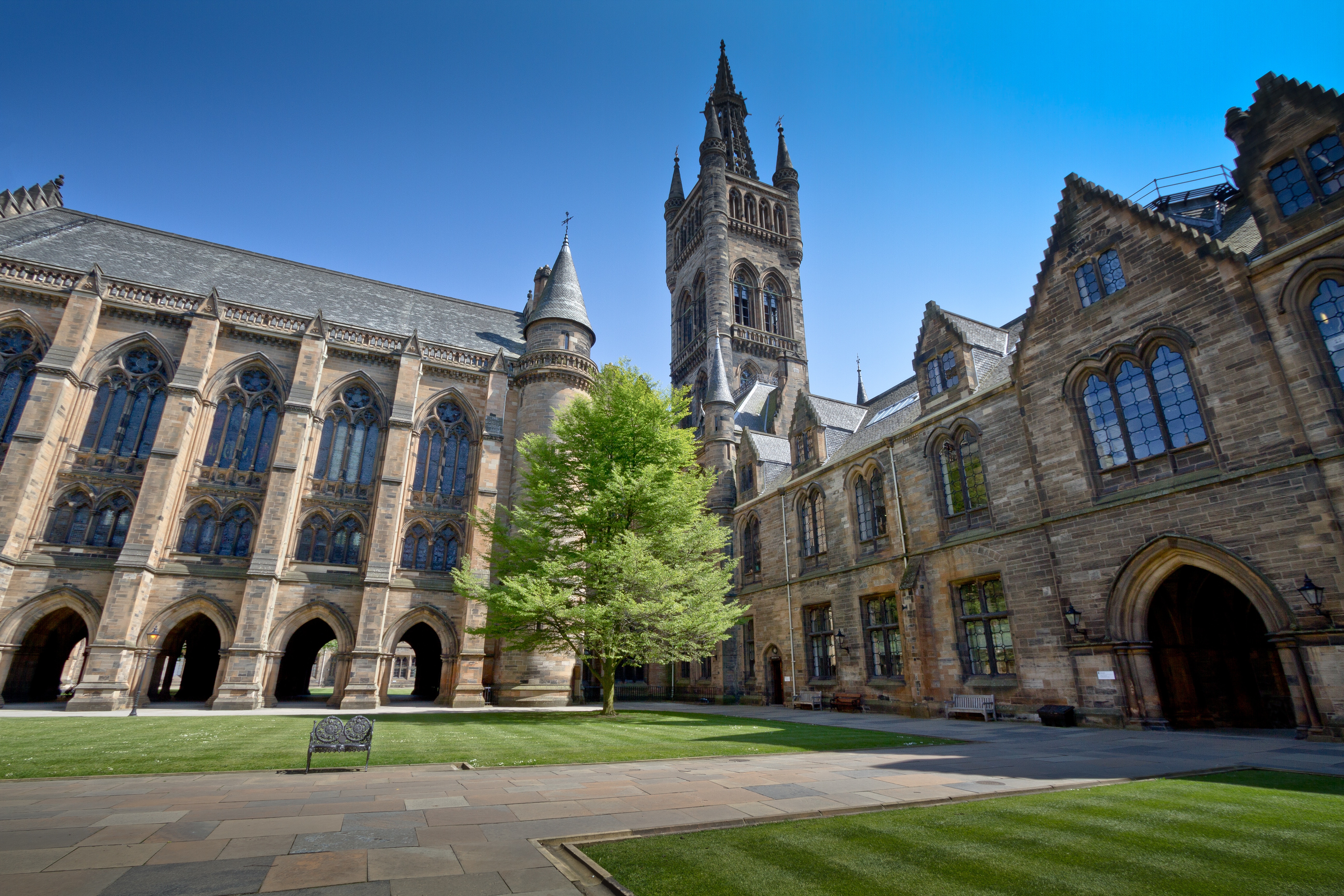
In this special episode of the “Saturdays at Seven” conversation series, Todd Ream talks with David A. Hoag, President of the Council for Christian Colleges and Universities (CCCU). Hoag opens by discussing the investments Christian colleges and universities make in fostering relationship between faith and learning and how the CCCU is prepared to increase efforts to resource member institutions in relation to that priority. Those efforts include David’s appointment of John Addleman who will work with an advisory board to oversee the preparation of related programs and materials. Hoag then discusses the influences that mentors such as Dennis F. Kinlaw and authors such as Theodore M. Hesburgh, C.S.C. and Ernest L. Boyer had on his calling to education. That calling and the service Hoag sought to offer compelled him to accept appointments at his alma mater, Asbury University, Greenville University, Trinity International University, and eventually as president of Warner University. Hoag then details his appointment as the CCCU’s president, the ways serving as an association president differs from serving as a university president, and his plans for how the CCCU can be of even greater service in years to come to its institutions. Hoag closes by explaining how he understands the qualities and characteristics of the Christian academic vocation and how the health of that vocation is dependent upon the health of the relationships colleges and universities share with the Church.



















